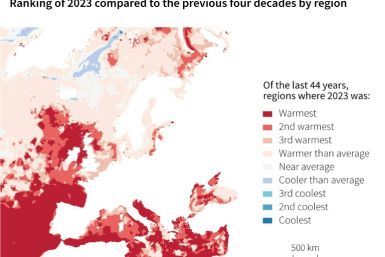China’s Zhuhai Permanently Bans Consumption Of Cat And Dog Meat

The city of Zhuhai has become the second city in China to permanently ban the consumption of dogs and cat meat in the country.
The southern metropolis of Zhuhai announced a permanent ban on the sale and consumption of cats and dogs in response to the coronavirus pandemic following international outbursts over the trade and consumption of their meat in markets, including the ones in Wuhan, which was the epicenter of the COVID-19 outbreak. The decision was announced by officials from Zhuhai during a press conference on Tuesday.
Shenzhen, a southeastern Chinese city, was the first to announce a ban on the controversial practice in the country just weeks before. Both the cities will enforce the permanent ban starting from May 1.
Earlier this month, China’s Ministry of Agriculture and Rural Affairs had announced guidelines to reclassify dogs as pets, instead of livestock.
Although dog meat has not been directly linked to the COVID-19 pandemic, it still raises concern over the safety and health of the public as the practice can still lead to several other infectious diseases.
The Humane Society International(HSI), which has been campaigning to end the practice of dog meat and consumption for years, welcomed the move and is hopeful that more cities will join in and enforce the ban.
“Zhuhai’s ban on dog and cat meat eating is thrilling news for all those in China and around the world who have campaigned for so long to end this brutal trade. Coming so soon after Shenzhen’s ban and the government’s historic statement classifying dogs as companions, we hope this will be the start of a domino effect of progressive legislation across China with other cities following suit,” said Dr. Peter Li, China policy specialist at Humane Society International.
“With so many millions of dogs and cats falling victim to the meat trade, it’s easy to lose sight of the fact that most people in China don’t eat dogs and cats, and that for years there has been enormous public support there for an end to the cruelty,” he added.
He also mentioned that the dog meat trade poses a significant risk to human health as it could lead to the spread of trichinellosis, cholera, and rabies.
“Rabies has been found in dogs traded for human consumption in China, Vietnam and Indonesia, and is easily spread as thousands of dogs are crammed on slaughter trucks and driven across provincial borders to markets and slaughterhouses,” he said.
According to the Humane Society International, an estimated 30 million dogs and 10 million cats are killed for human consumption in Asian countries every year






